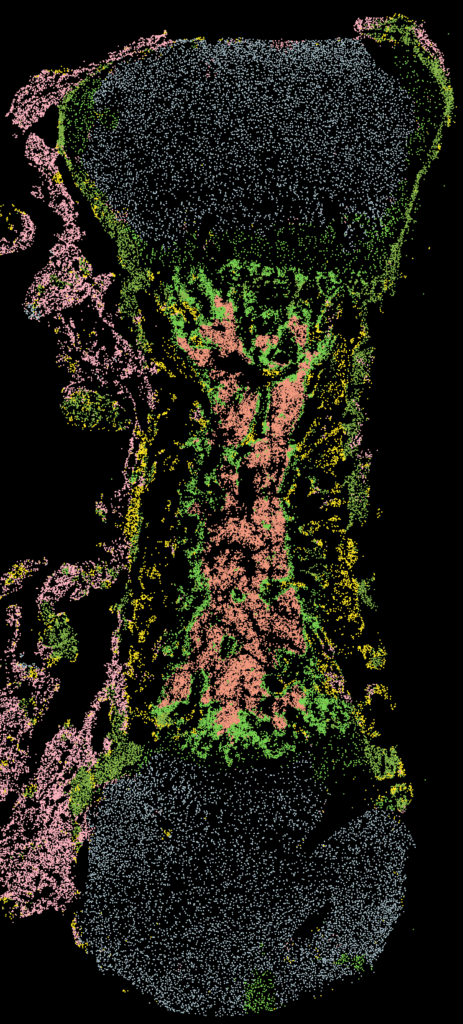Bone stress injuries: A review of the latest screening, diagnosis, and treatment strategies
Collaborators

Tennis star Rafael Nadal and 2021 World Champion triathlete Lucy Charles-Barclay both suffered bone stress fractures earlier this year, requiring them to miss practice time and in some cases, competitions. Fractures are a type of bone stress injury due to overuse. Though bone stress injuries are common in physically active people, including athletes and military recruits, we don’t know much about the underlying mechanisms, leaving athletes and doctors with limited options for treating and preventing them. Alliance leader Kate Ackerman and colleagues summarize our current understanding of bone stress injury diagnosis and management and highlight opportunities to close the gap between basic science research and clinical translation in a comprehensive review article of bone stress injuries.
We know that bone stress injuries occur especially when active individuals suddenly increase their training loads. This causes what might be normal microdamage in the bone to become a stress injury as the damage outpaces normal bone healing. Researchers have studied the loading required to cause bone stress injuries and the underlying biological mechanisms in the lab, but linking these findings to clinical presentation and methods of diagnosis is challenging. For example, though you can see bone microdamage using a microscope, there is no imaging tool to directly quantify microdamage clinically within a person.
The authors highlight this and other opportunities to improve the understanding, prevention, screening, diagnosis, and treatment of bone stress injury. Ackerman, a clinician scientist and Director of the Female Athlete Program Innovation Hub, and others in the Wu Tsai Human Performance Alliance are studying bone stress injuries to continue addressing the gap between basic science and clinical translation.
Latest News

May 29, 2025
Is exercise before sleep linked with poorer sleep?

May 23, 2025
Skeletal stem cells key to stronger bones, better healing

March 13, 2025
Wu Tsai Human Performance Alliance Research Round-Up – March 2025
Get Engaged
Join our mailing list to receive the latest information and updates on the Wu Tsai Human Performance Alliance.
